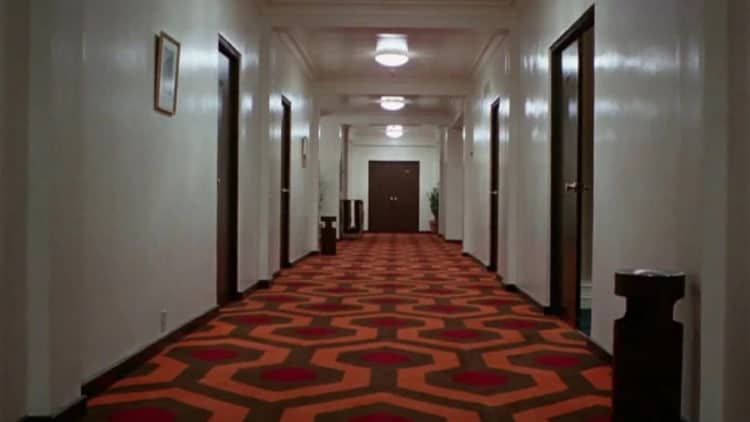
Is There Such a Thing as Too Much Analysis?
Watching a movie should be a simple and enjoyable experience, right? A person watches a movie, forms their own opinions about the plot, characters, and themes, and decides how it resonates with them. However, the days of forming individual opinions without the influence of so-called ‘experts’ seem to be long gone. Nowadays, it’s common for people to be swayed by the consensus of those who claim to have a deeper understanding of films and their meanings. While everyone is entitled to their own thoughts and opinions, there are times when online reviews and discussions could benefit from a more inclusive approach, allowing for open debate and diverse perspectives on films.
Finding the Balance Between Entertainment and Analysis
As fans and audience members, we naturally form opinions about various elements within movies that provoke thought and stimulate our imaginations. This is perfectly fine, as entertainment should encourage us to think and feel in different ways. However, when a movie is dissected and analyzed to the point where its original meaning becomes distorted or lost, it can be frustrating for both the creators and the viewers. A movie should be allowed to be just that – a movie, a form of entertainment that can be enjoyed for what it is, without the need for excessive scrutiny.
When Over-Analysis Leads to Misinterpretation
It’s important to remember that filmmakers and screenwriters have their own intentions and messages they want to convey through their work. When critics or fans interpret a film in a way that was never intended by its creators, it can lead to confusion and even controversy. This is especially true when the perceived meaning of a movie is connected to negative societal issues, such as racism or sexism. While it’s true that some films do address these topics, attributing such meanings to a movie when they were never intended can detract from the film’s actual purpose and message.
The Power of Opinions and the Importance of Enjoying Movies
Opinions are neither inherently good nor bad, but they can have a significant impact on how a movie is received and perceived by audiences. The problem arises when people are quick to attribute negative meanings to certain elements of a film, even when they may not be accurate or relevant. A movie should be primarily seen as a form of entertainment, and the enjoyment of the film should be the main focus for viewers. Any deeper meanings or interpretations should be considered as secondary, allowing people to appreciate movies for the entertainment value they provide.
Embracing the Multifaceted Nature of Cinema
Many filmmakers and screenwriters intentionally incorporate various elements into their movies to create multifaceted stories that stimulate thought and discussion. This is an essential aspect of the art of filmmaking, as it encourages audiences to engage with the material on a deeper level. However, it’s crucial to strike a balance between analysis and enjoyment, ensuring that the primary purpose of a movie – to entertain – is not overshadowed by excessive scrutiny and over-analysis. By embracing the diverse opinions and perspectives of viewers, we can foster a more inclusive and enriching cinematic experience for all.
 Follow Us
Follow Us




